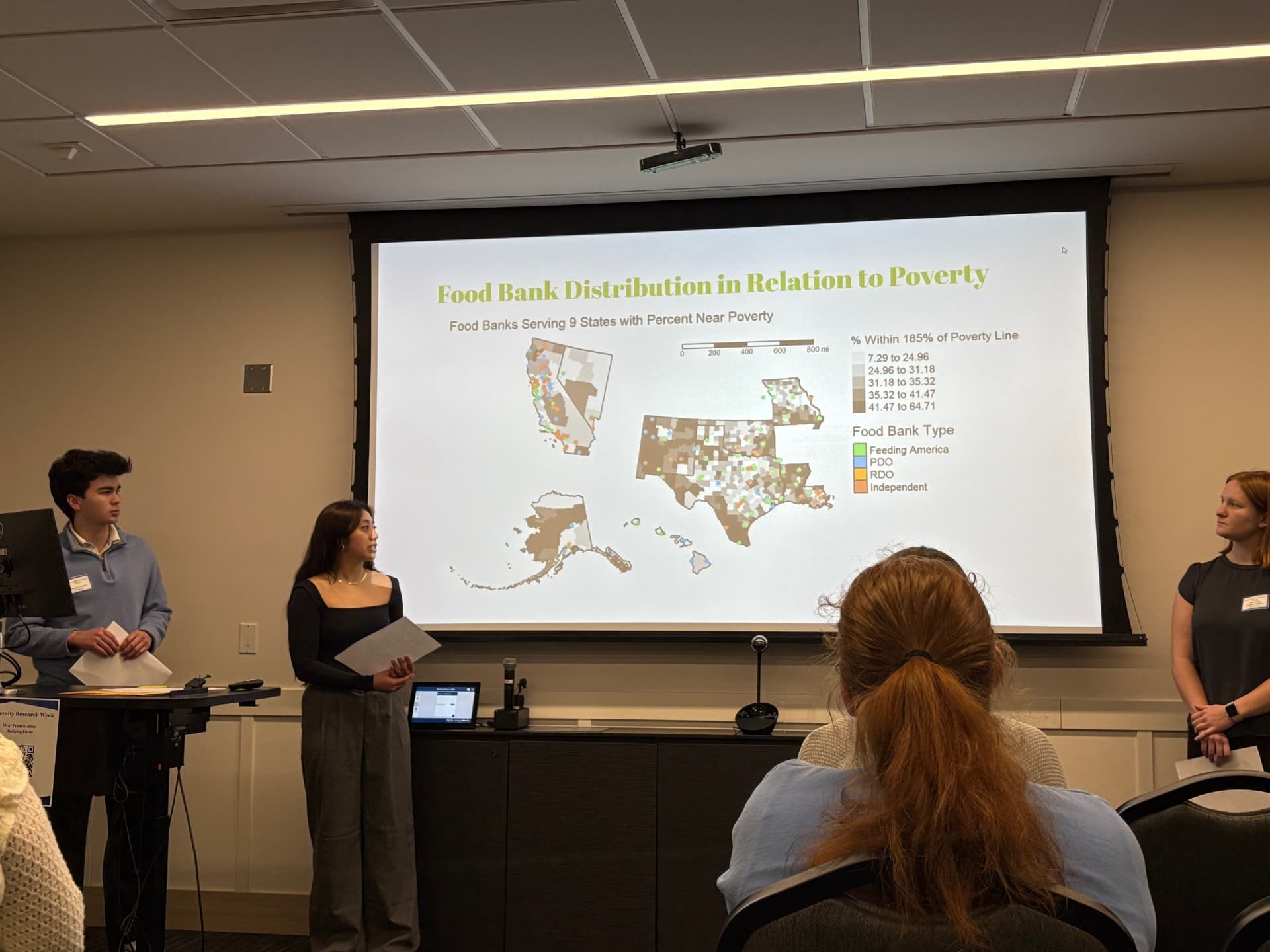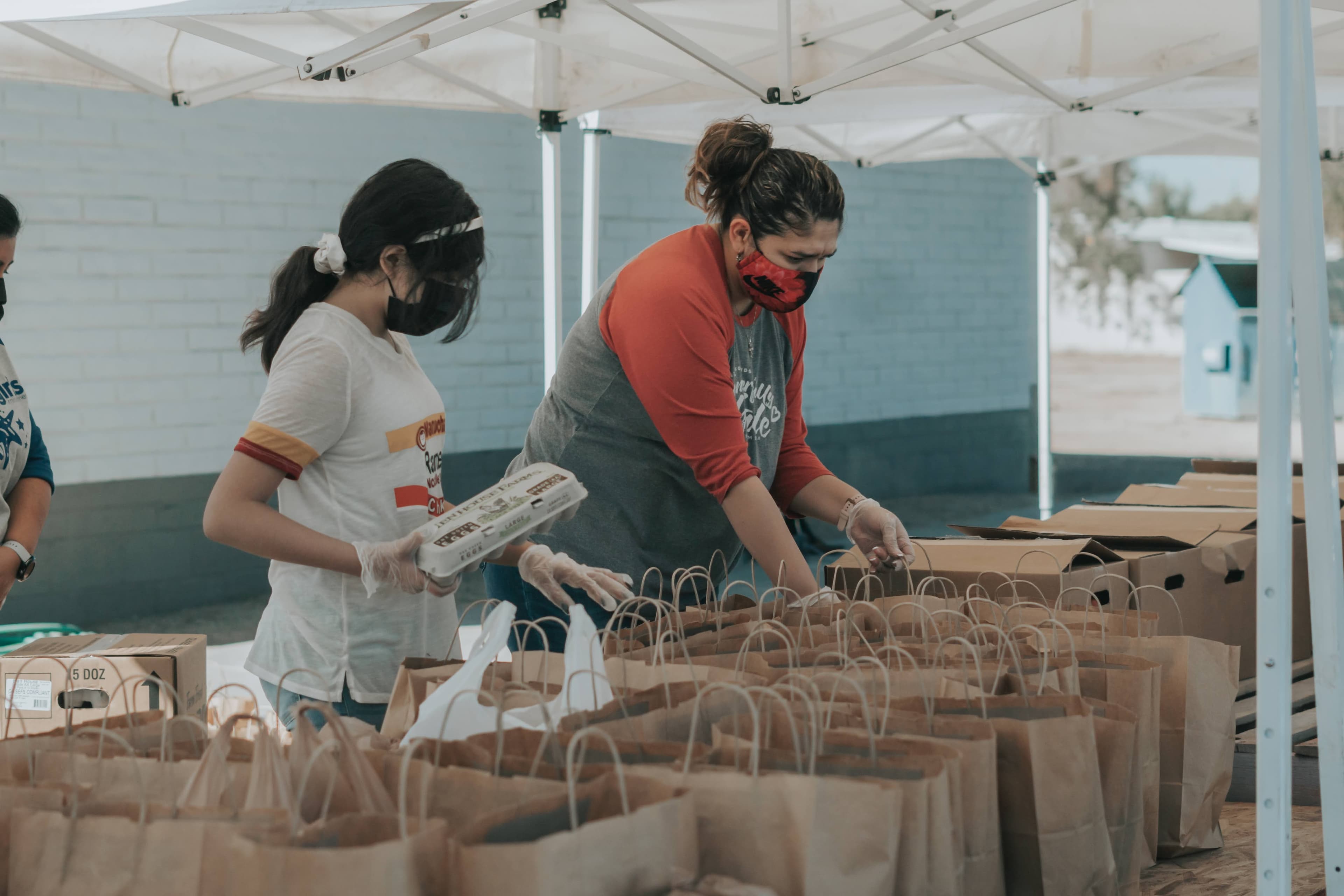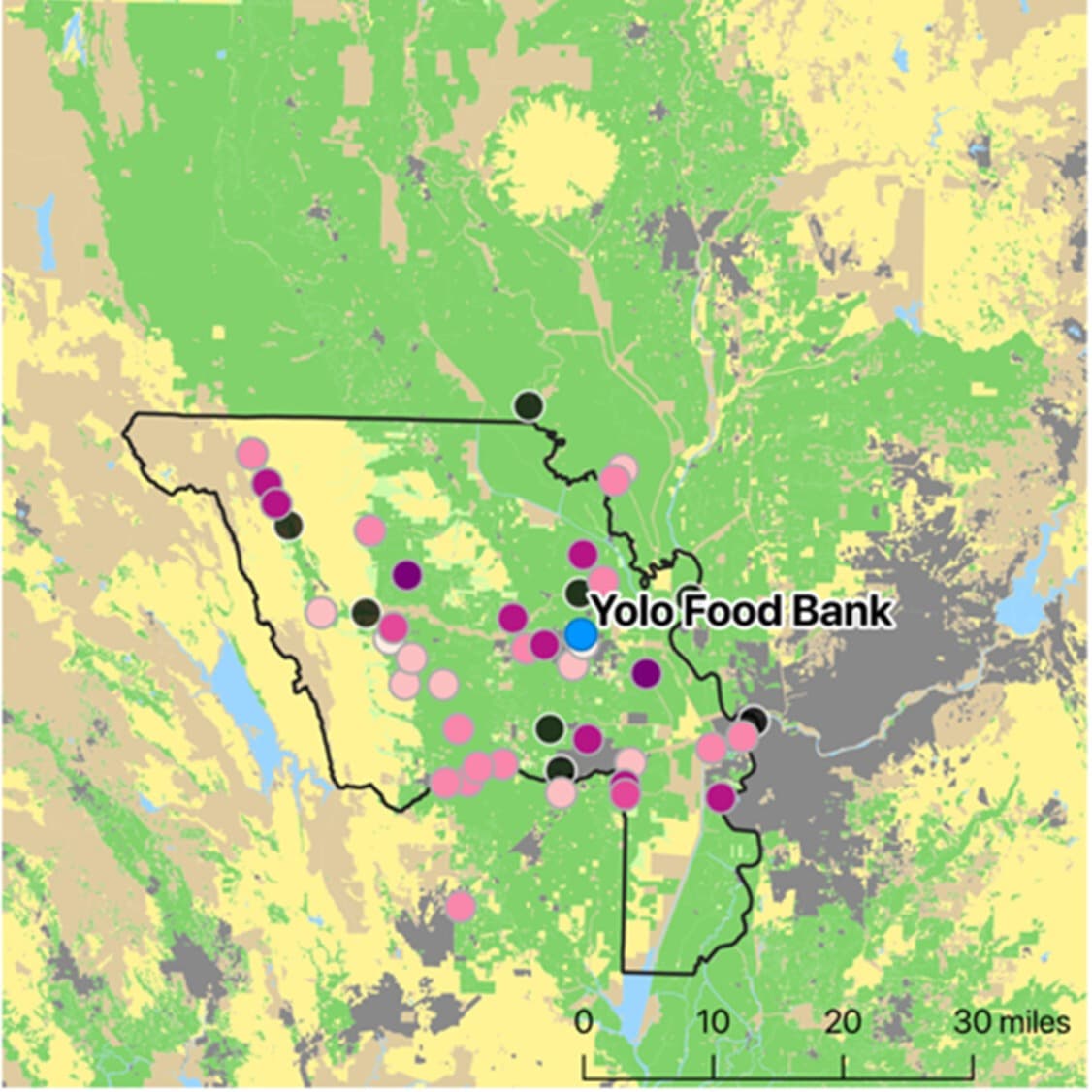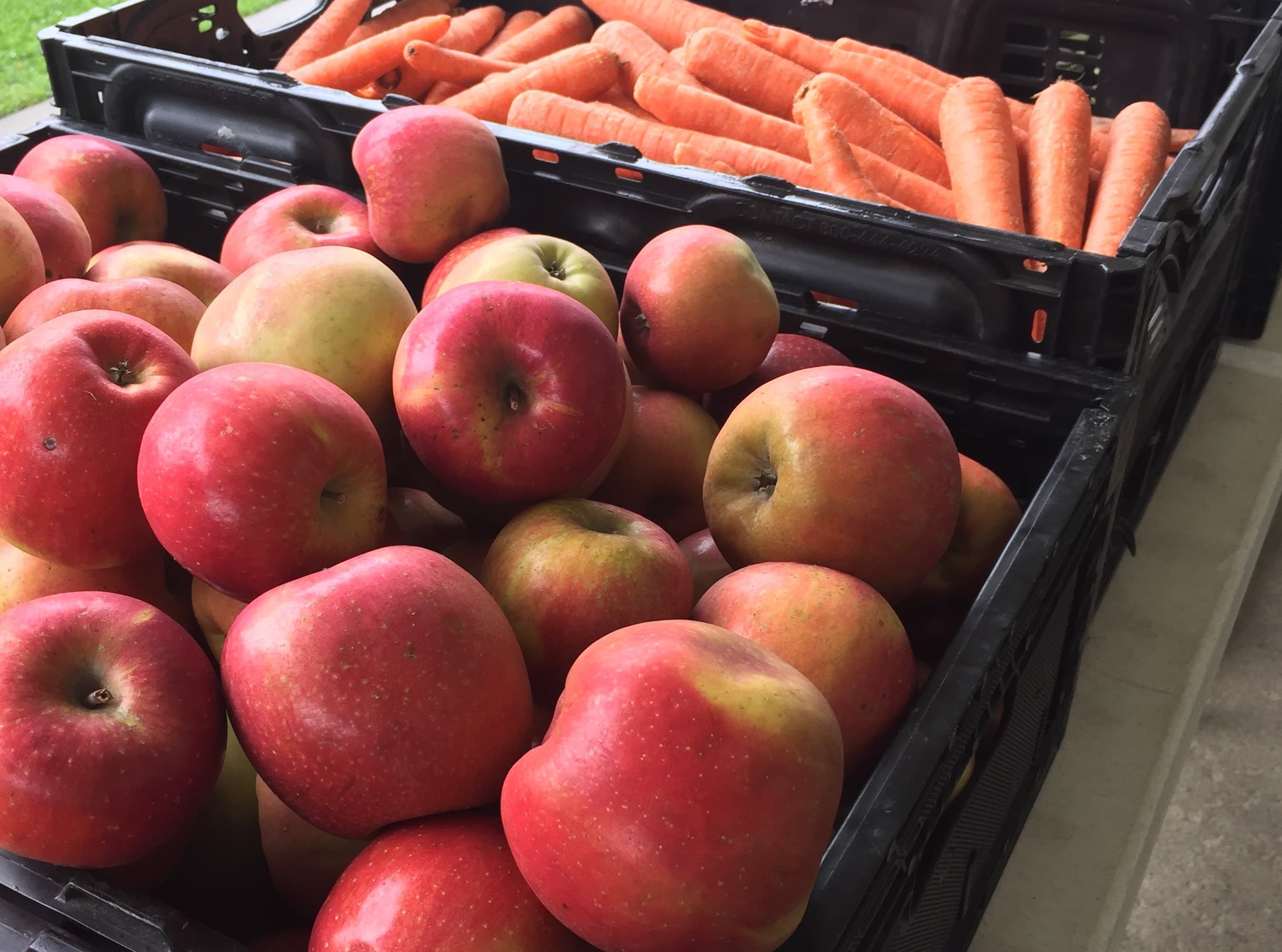
Food Bank
Projects
Presentations
Falling through Multiple Social Safety Nets: Concerns with Food Banks Mimicking Federal Food Assistance Programs
Paper Session at Agriculture, Food & Human Values Society and the Association for the Study of Food and Society’s Annual Conference
Hunger for Change: U.S. Food Banks’ Political Discourses and Approaches
Presentation at Global Solidarity Alliance Virtual Meeting
Hunger for Change: Donor Influence on Food Banks’ Political Approaches
Paper Session on Contemporary Issues in Food Justice & Organization
Food Assistance Justice: The Discourse and Practice of Food Justice in U.S. Food Banks
Invited Panelist for Panel on Organizing for Food Justice: Scaling Up and Reaching Out
(Mis)Matched: Exploring Food Banks’ Responses to Hunger through Programs and Metrics
Paper Session on Food Sovereignty at The Association for the Study of Food and Society and the Agriculture, Food and Human Values Society’s Annual Conference.
Models of Change in Food Banks: Traditional Charity, Personal Responsibility, and Systemic Change
Amid the pandemic, food banks' role in the US social safety net has grown. Yet, their origin as a solution to food waste raises questions. Based on 52 interviews, this study identifies three food bank models for tackling food insecurity.
Food Assistance Justice: The Spatial Distribution of California’s Food Bank Resources
Applying food justice to the private food assistance network, this project examines access disparities in this alternative food system. Using regression analysis, it finds poverty, race, and urbanicity significantly associated with food bank accessibility in California.
‘So You’re an Activist?’: How Graduate Public Scholars Navigate University Spaces
Examining the challenges faced by graduate students in arts, humanities, and social sciences pursuing activist scholarship, this study identifies barriers, facilitation spaces, and strategies based on 31 interviews. The findings provide recommendations to foster a supportive academic culture.
Farm to Food Bank: A Food Bank's Network of Locally Produced Food
This study explores the relationship between private food assistance and the local food movement, using a California food bank as a case study. Employing geospatial and network analysis along with interviews, it uncovers the significant influence of local, often organic, donors, yet also finds that even within the local food movement, donations are driven by market forces, not truly offering an 'alternative' to capitalism.
Intersecting Inequities for Nonprofit Clients: The case of private food assistance
Amidst a receding welfare state, the private food assistance network has grown. This study, based on interviews and observation at a Northern California food bank, examines how race, gender, class, and ability affect accessibility, revealing four key structural barriers. The findings highlight the need for equity-focused social service programs to mitigate societal inequalities.
Intersecting Inequities in Food Assistance Programs
Intersecting Identities: How Race, Gender, Housing Status, and Disability Status Affect Food Bank Access
Examining how race, gender, housing, and disability intersect with food insecurity, this study sheds light on the barriers to food assistance for low-income individuals in peri-urban California. Preliminary findings suggest these factors influence perceived safety and treatment at food banks, with potential implications for perpetuating racial and gender inequalities.
Publications
Other Publications
- Haynes Stein, A., & Brinkley, C. (2024). Food-Bank Donors Motivated by Social Responsibility and Financial Benefits [Policy Brief]. Center for Poverty & Inequality Research, University, of California, Davis.
- Haynes Stein, A. (2024). Hunger in Crisis: Food Bank Practices and the Social Safety Net [PhD Dissertation]. University of California, Davis.
Journal Articles
- Haynes Stein, A., & Brinkley, C. (2023). Farm to Food Bank: Exploring the Ties between Local Food Producers and Charitable Food Assistance. Rural Sociology, 88(3), 682–707.


